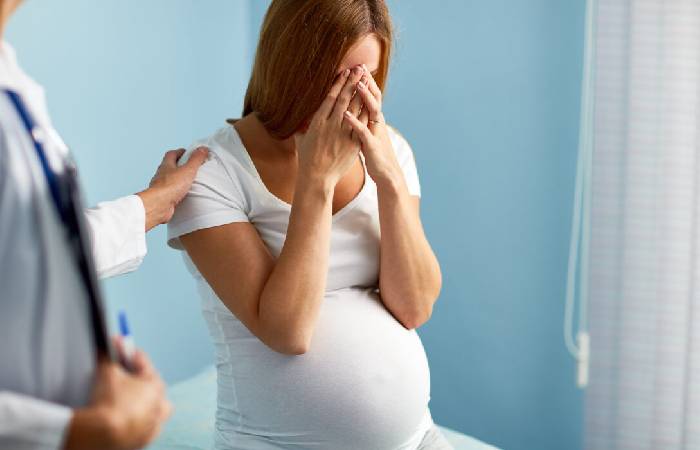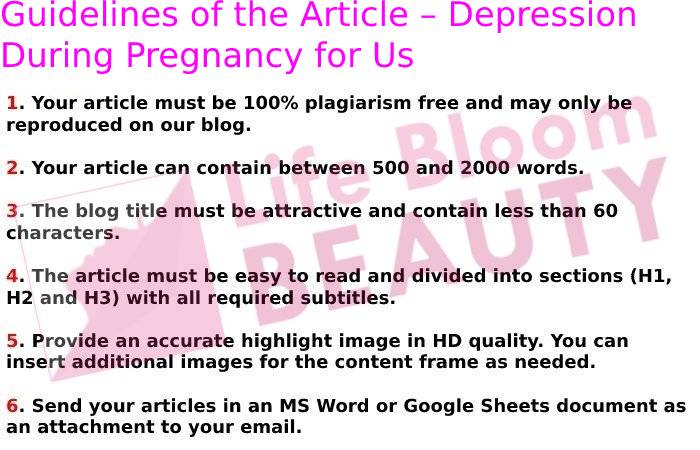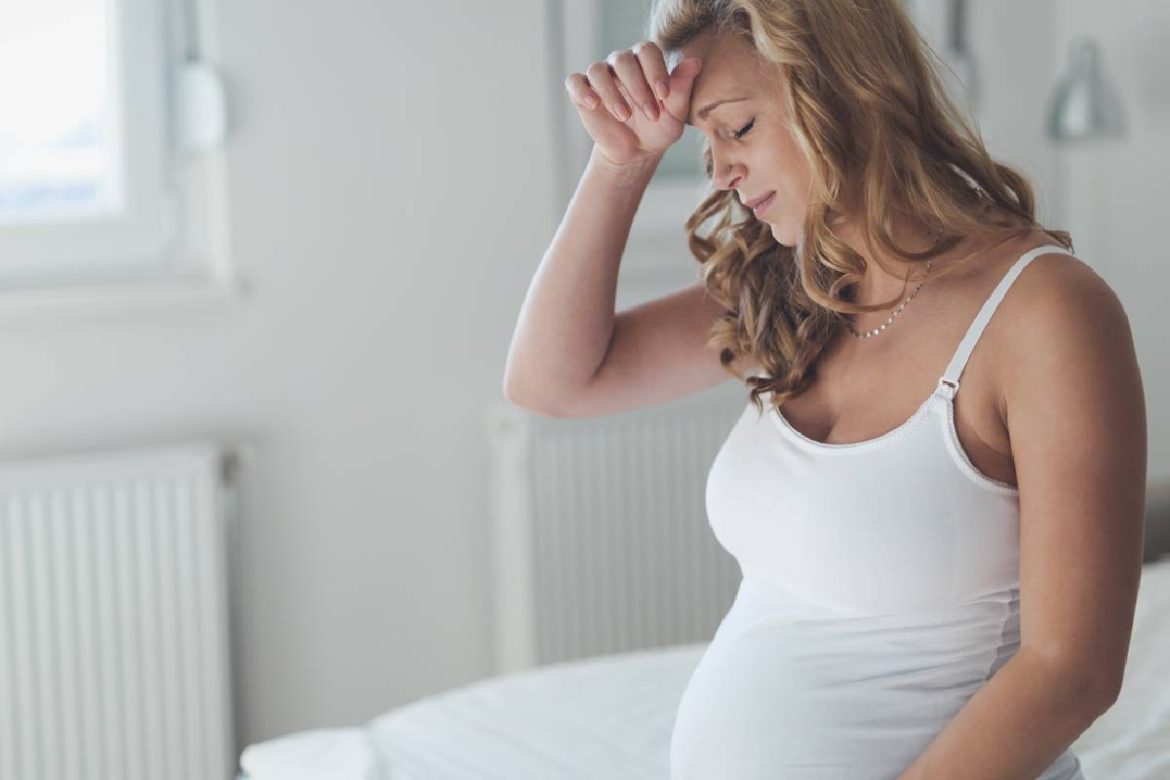Taking Care of Depression During Pregnancy
Depression During Pregnancy – A pregnant woman has many changes in her body, and if these changes are not taken care of properly, it is likely to lead to depression. Depression in pregnancy is not only associated with poor pregnancy outcomes but also a disease that affects your health and your baby. It is essential to address and treat depression and anxiety. And it ensures they do not lead to a more severe form of mental illness. That said, we will look at ways to help you avoid depression during pregnancy. lifebloombeauty.com.
Being pregnant can be difficult for many women. Depression and anxiety are common during pregnancy, but knowing the best way to deal with depression while carrying a baby in the womb is essential. There is no cure for postpartum depression or mood disorders that can stem from hormonal changes and lack of sleep after childbirth.
One of the biggest problems with depression during pregnancy is that it can be challenging to diagnose as some symptoms can credit to other causes, such as natural mood swings. However, it is always advisable to pay attention to your mental health.
Also Read: 9 Natural Tips Against the Horn on your Feet
What is Depression?
Depression is one of the most common mental disorders facing people today. It is a severe illness that affects the way you feel, the way you think, and the way you act. But these disturbing symptoms can significantly impact all aspects of your life.
 When a woman experiences sadness during her pregnancy, it is called prenatal depression. If left untreated, it can even lead to postpartum depression. You need to understand that depression is not your fault here. Also, there are many measures one can take to prevent it, and you can maintain your sanity during and after pregnancy.
When a woman experiences sadness during her pregnancy, it is called prenatal depression. If left untreated, it can even lead to postpartum depression. You need to understand that depression is not your fault here. Also, there are many measures one can take to prevent it, and you can maintain your sanity during and after pregnancy.
How to Submit Your Article?
Once your article meets our guidelines, you can send it to contact@ lifebloombeauty.com.
Why Write For Us at LifeBloomBeauty- Depression During Pregnancy Write For Us
Depression During Pregnancy Write For Us
mood disorder
childbirth
low energy
anxiety
sleep deprivation
bipolar disorder
depression
psychological stress
complications of childbirth
drug use disorder
counselling
interpersonal psychotherapy
cognitive behavioural therapy
psychodynamic therapy
Search Terms for Depression During Pregnancy Write For Us
Guest post
Looking for guest posts
Become a guest blogger
Guest posting guidelines
Become an author
Submit post
Suggest a post
Guest blogging + “write for us.”
Write for us + guest blogging
Guest post
Contributor guidelines
Contributing writer
Guest blogging + “write for us.”
Write for us + guest blogging
Guest posting guidelines
Become a guest blogger
Become an author
Suggest a post
Submit post
mood disorder Write for us
childbirth Write for us
low energy Write for us
anxiety Write for us
sleep deprivation Write for us
bipolar disorder Write for us
depression Write for us
psychological stress Write for us
complications of childbirth Write for us
Guidelines of the Article – Depression During Pregnancy for Us
 To Write for Us. Also, you can email us at contact@ lifebloombeauty.com.
To Write for Us. Also, you can email us at contact@ lifebloombeauty.com.




